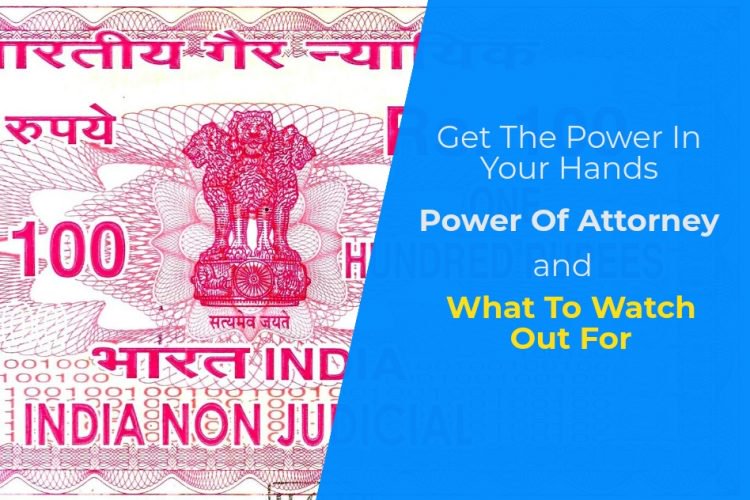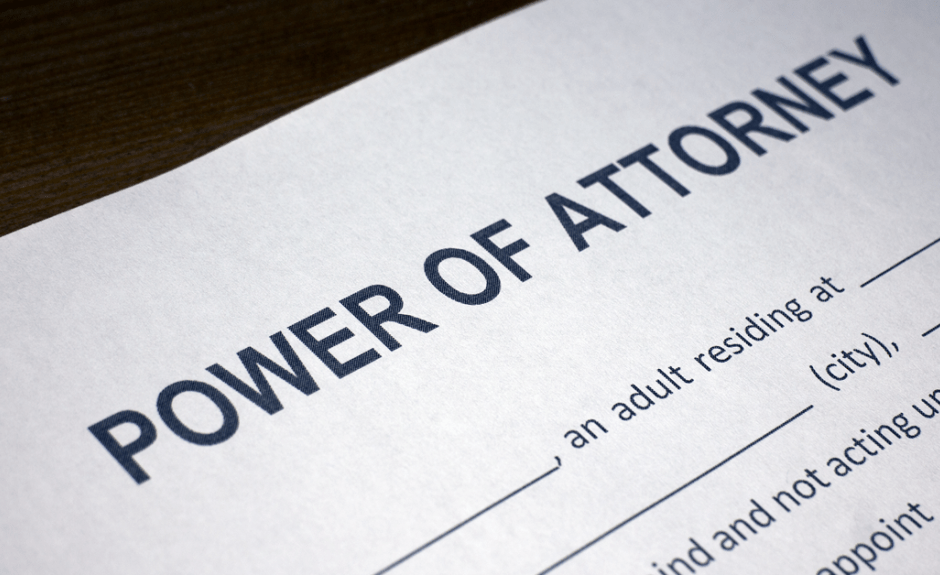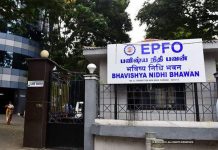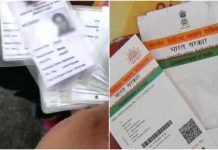
A Power of Attorney (POA) is a fundamental legal document listing out the powers that a person wants to share with the POA holder. It is essentially used by NRIs (Non-Resident Indians) to administer their property in India by authorizing another person known as the agent to act on their behalf in their absence.
The need to have a POA simplifies decision making in the absence of the true owner thereby minimizing security concerns. Moreover, a POA is an extremely important part of property planning. It is considered convenient and imperative to have another person to act on other’s behalf when there is development in the business and trade transactions.
This article will help you understand everything about the execution of POA and more.

- General POA– A general POA gives greater powers to the agent to carry out various responsibilities on behalf of the principal, as detailed in the deed. It is not confined to any specific act relating to a specific subject.
- Specific POA– A specific POA is given for a single specific responsibility and when the act is over, the special POA automatically gets revoked with the power of the holder getting exhausted.
Is it important to notarize a Power of Attorney?
No special way has been provided to execute a POA but, it is advisable to notarize. However, it is quite common to notarize the POA execution. The notarization is managed under the Notaries Act whereby a notary is appointed by State or Central Government to do the prescribed acts inter alia to certify, authenticate, verify, authenticate or attest any instrument.
Moreover, according to the Indian Evidence Act, a POA that is executed before and verified by a Notary Public is presumed to be executed properly.
Is execution of POA from abroad valid in India?
Under Section- 14 of the Notaries Act, the Central Government has been empowered to affirm that notarial act done legally by Notaries from other nations shall be accepted for definite objectives. As a result of this, the Government has notified 3 nations namely Ireland, Belgium and New Zealand.
In addition, the Calcutta High Court in its direction stated that notification under Section- 14 is not compulsory and that Section- 85 of the Evidence Act can apply to documents certified by the notary of different nations.
However, since there is lack of consistency amongst the High Courts, it is recommended that execution of POA outside India must be certified by a representative of the Central Government of that nation or the Indian Vice-Consul or the Indian Consul and not by any other Notary Public

The registration of a document under the provisions of the Registration Act, 1908 can be done in two ways, either by the person executing the document himself or through his duly appointed agent executing the power of attorney within the powers conferred to him by law.
Section 33 of the Registration Act, 1908 provides the following conditions with respect to S. 32 of the Act outlines the conditions to be fulfilled for the recognition of POA
- The principal resides in India at the time of executing the POA where the Act is applicable. Also, the POA shall be executed before the Registrar/ Sub-Registrar and authenticated by him, within whose jurisdiction the principal resides.
- The principal resides in India at the time of executing the POA where the Act is NOT applicable. Then, the POA shall be executed before the Magistrate and authenticated by him, within whose jurisdiction the principal resides.
- The principal DOES NOT reside in India at the time of executing the POA. Then, the POA shall be executed before any court, Judge, Magistrate, Notary or an Indian Consul or vice-consul, or a Central Government representative, and authenticated by them.
However, the following categories of “Principals” executing POA shall not be required to attend the execution of POA in person
- Persons with bodily infirmity or under a risk or inconvenience to attend
- Persons in jail or under criminal proceedings
- Persons who have been exempted by law from any kind of personal appearance
Also, the Act provides that there is no need for authentication of the POA if the agent is himself the executrix.

- It is not mandatory to register all POAs.
- In case the POA is concerned with the transfer of immovable property and where the possession is or has been given over to the attorney holder or where final POA associated to the transfer of such property is made, then the deed of POA is supposed to be registered. The same can be done with the help of a lawyer.
- The registration of all other POAs is voluntary. However, a registered document is believed to be authentic. As a result, it is for the person challenging the authenticity of the transaction to prove that the transaction is not valid.
- Therefore, to prevent any probable dispute on proper execution of the POA, it must always be registered.
Payment of Stamp Duty
The payment of stamp duty of a POA is prescribed under Section- 48 of Schedule I of the Indian Stamp Act duly payable on various kinds of POA and non-payment of the stamp duty can result in the following consequences:
- The POA would not be allowed as evidence before any authority that is capable of admitting evidence or before any public authority.
- In addition, the document can also be seized and payment of full stamp duty value be forced for non-payment of stamp duty.
- Moreover, an under stamped or an unstamped POA can only be allowed in evidence only after penal stamp duty 10 times the value of the original amount is paid.






























